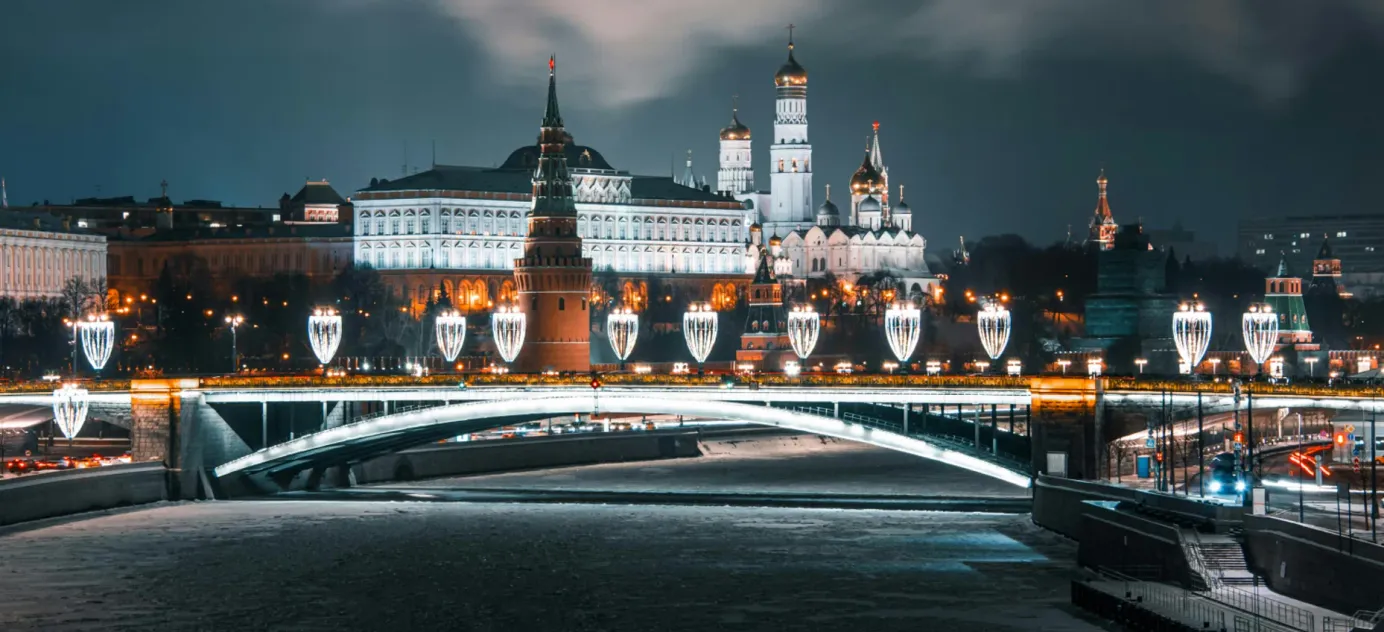
‘Putin could fall if he loses the support of a few hundred people’
The Bell editor Viacheslav Dvornikov spoke to political scientist Marcel Dirsus, author of the acclaimed new book, "How Tyrants Fall," about what his study of dictatorships and autocrats suggests is in store for the Putin regime — and how his demise could come about. The full interview is available here.
Despite their outward monolithic appearance, autocratic regimes have a number of weaknesses, says Dirsus. But the bad news is that democratization after dictatorships is extremely rare. Based on a study of regime change and dictatorships over more than half a decade, Dirsus found more than two-thirds of tyrants end up in prison, go into exile, or are killed upon leaving power. If they are removed by nonviolent uprisings, it is ten times more likely that a country will transition to democracy than if they are deposed by an insider coup or violent rebellion.
“For personalist dictatorships like Putin’s regime, the biggest threat typically comes from regime insiders. The less democratic a regime becomes, the more a dictator relies on a very small number of people in order to stay in power,” Dirsus said. “The flip side of that is that Putin could fall if he loses the support of perhaps only a few hundred people.”
The most likely way Putin is removed from power is from disgruntlement from “palace elites or men with guns,” he argued, pointing to the Wagner mutiny last year as an example. Other regime insiders could move against the Kremlin leader if “they believe they could gain more power or wealth” with somebody else wearing the crown. “That scenario does not guarantee that Russia will transition to a democracy. It is just as easy to imagine a situation where another dictator assumes power instead.” Between 1950 and 2012, 473 authoritarian leaders lost power with 65% removed by regime insiders.
Street protests are unlikely to oust Putin due to the current set-up of the Russian state and society, Dirsus argued. “Truth be told, the influence of ordinary Russians is severely limited. And that's, of course, no coincidence, because the Russian government has spent a lot of time and resources reducing the threat from the street.”
But dictators can be toppled extremely quickly, including from positions of apparent stability, Dirsus said. “Whether it's Vladimir Putin, Kim Jong-un, or dictators in the past, all of them rely on other people to stay in power. The moment these people withdraw their support, everything can change in a moment. Many of these regimes appear very stable — until they aren’t. There are tipping points where dictators suddenly seem weak, and the people around them quickly decide to start opposing them rather than supporting them.”





